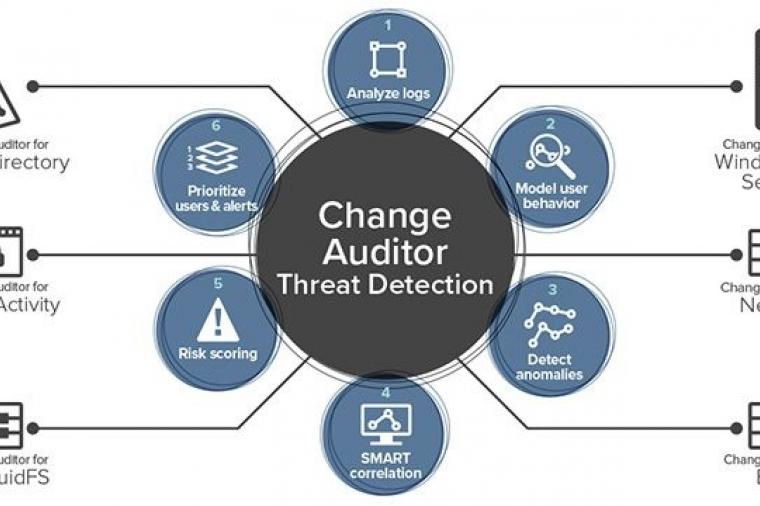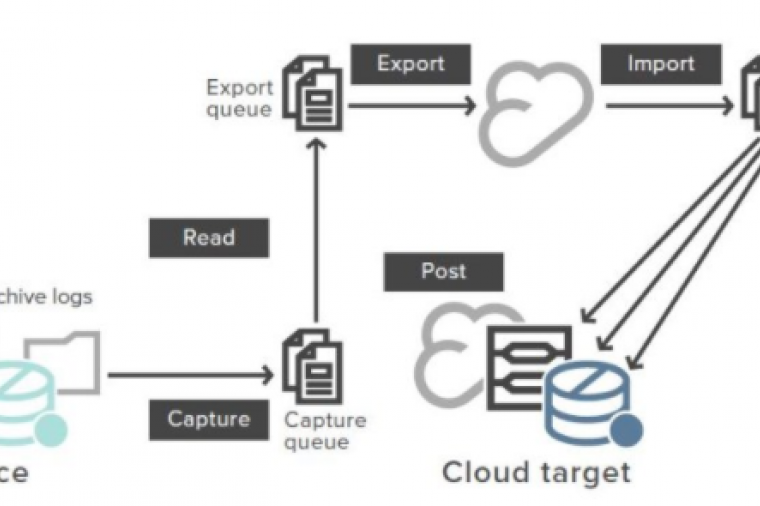AWS Elastic File System (EFS) is Production Ready

It's finally here!
Amazon Web Services (AWS) just announced that the Elastic File System (or "EFS") is a live production service. The service is provisioned out of three regions currently: US-EAST-1, US-WEST-2, and EU-WEST-1.
EFS was originally announced over a year ago at AWS re:Invent in 2015. By AWS standards, the service has been in "preview" for quite some time. I'll admit to you, I was getting a little skeptical that it was going to make it out of preview, but hey, it's good to be wrong sometimes.
EFS is essentially an NFS service for your resources inside of an AWS Virtual Private Cloud, or "VPC." It feels like interacting with a standard NFS server - you create mounts, you assign permissions via chown/chmod, and you use standard NFS mount commands on NFS compliant or enabled servers to access the mounts.
At a higher level, the service is Security Group aware, and is accessed via an endpoint - making it straight forward to secure and access. Based on AWS EBS SSD storage, it's been snappy, and consistent in my testing of the product. On the high availability side, the system is provisioned across multiple availability zones - in keeping with standard AWS best practices.
Unlike traditional NFS, there are no servers to configure or maintain. Extending access to the EFS shares/volumes is done via the command line or the AWS management console.
Many applications make use of a shared disk volume between one or more servers/systems/instances. EFS exposes a mechanism to allow that. It can also be leveraged as a file sharing solution for users, however in this Windows-heavy world we are in, some users and/or organizations will balk a bit at having to configure specialized NFS settings as opposed to simple CIFs shares.
If I can read the tea leaves for a moment, I think this may be a place we will see additional functionality from the service later on. Those of you familiar with the world of system operations know that a lot of the work needed to provide access to a NFS share is comparable with the type of work you have to put in to provide access to a CIFs share. I'm betting (or more to the point, hoping) that the EFS service will offer a CIFS mode in the future that will allow "natural" access for Windows-based systems in the future.
However, for now, those are just the musings of an outside observer... and a system administrator sick of dealing with Windows Servers!







































